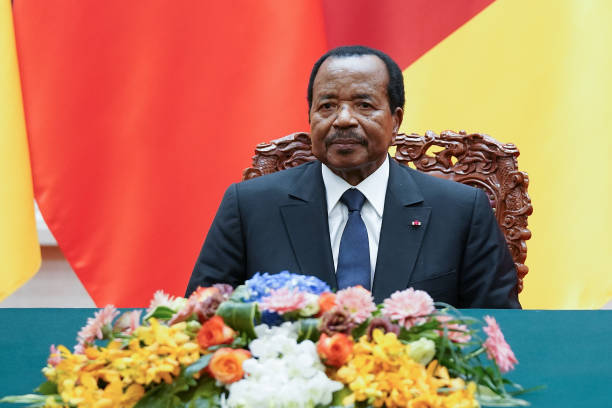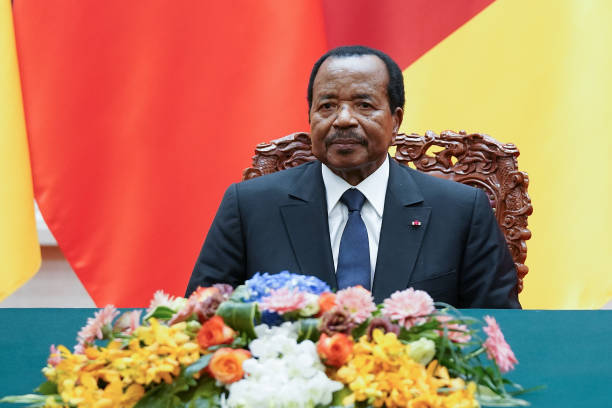At 92 years old, Cameroon’s President Paul Biya—who has ruled since 1982—is preparing to extend his grip on power with a bid for an eighth term in the October elections. Yet his candidacy now faces a serious legal challenge.
Akere Tabeng Muna, lawyer and prominent opposition figure, has petitioned the Constitutional Council to disqualify Biya under Article 118 of the electoral code. Muna argues that the president’s age, persistent health-related absences, and reliance on close aides undermine his constitutional eligibility to serve. Stressing that his challenge is a matter of law rather than politics, Muna has framed the petition as a test of whether the rule of law still carries weight in Cameroon. The Council is expected to deliver its decision on Friday at 11 a.m. at the Palais des Congrès in Yaoundé.

This legal standoff unfolds against an already contested electoral backdrop. The Council recently upheld the exclusion of Biya’s main rival, Maurice Kamto, from the presidential race—a move widely criticized as politically motivated. Human Rights Watch has denounced the decision, while pro-Kamto supporters who protested in the capital were met with tear gas, further exposing the government’s intolerance of dissent.
Despite concerns about his health and the legitimacy of the ballot, Biya’s candidacy was swiftly confirmed on social media, signaling his intention to remain in power at all costs. His four decades in office make him one of the world’s oldest and longest-ruling leaders, emblematic of Africa’s enduring struggles with entrenched incumbency and frail democratic institutions.
As the nation awaits the Council’s verdict, tensions are escalating. The challenge to Biya’s candidacy has become more than a legal question—it is a referendum on Cameroon’s political future, pitting demands for accountability and transparency against a regime deeply invested in preserving the status quo.



